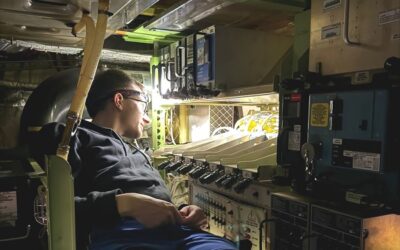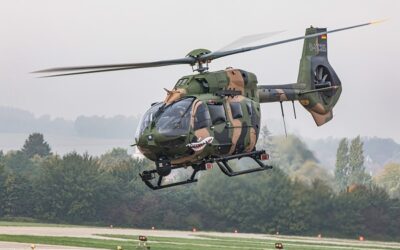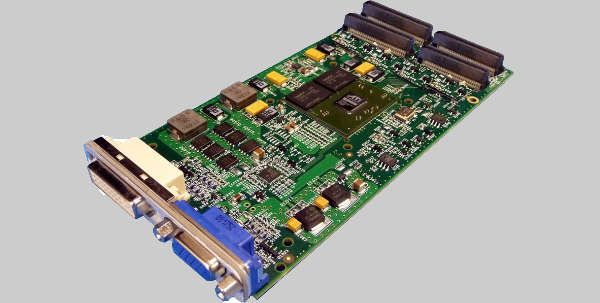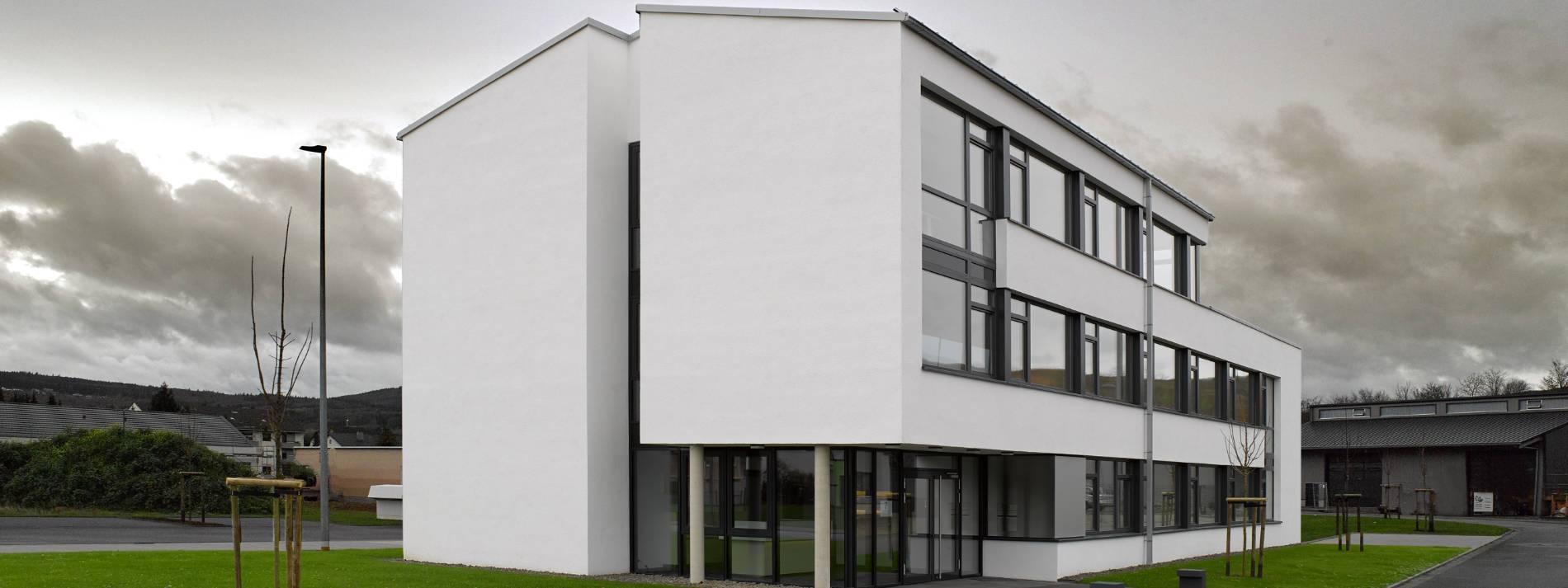The company is integrating its DroneCannon Mk2, a wide area non-kinetic effector, in Lockheed Martin’s architecture
DroneShield is collaborating with Lockheed Martin Australia’s Science, Technology, Engineering, Leadership and Research Laboratory (STELaRLab) on Agile Shield Program.
In particular, the company is integrating its DroneCannon Mk2, a wide area non-kinetic effector, in Lockheed Martin’s architecture.
Agile Shield programme is a Counter Improvised Threat (CIT) detection, neutralisation and mitigation system capable of operating in a complex joint battlespace that minimises risk to Defence personnel and civilians. On the other hand, DroneCannon Mk2 is DroneShield’s next-generation fixed-site countermeasure with improved disruption capabilities, size and durability.
The device offers non-lethal and non-kinetic countermeasures, forcing UAS to either ground at the point of disruptions or return-to-home. The DroneCannon is also effective against swarm attacks and can counter numerous UAS within range.
.
Kevin McDonald, STELaRLab’s Integrated Systems Lead for Agile Shield, commented: “The system brings together a number of Australian sensors and effectors with an open mission architecture to provide a rapid, scalable and flexible response to airborne threats. STELaRLab’s contribution included development of the open mission systems architecture and acting as the prime systems integrator.”
“The addition of proven C-UAS jammers, such as DroneCannon Mk2, is part of Agile Shield’s planned transition from the virtual world to field demonstrations which occurred in October 2023.”
Red McClintock, DroneShield Sales Director, added: “DroneCannon Mk2 is a globally recognised effector, in use both in the eastern-European theatre as well as being selected and recommended by the U.S. DoD for base protection requirements. We are excited to be working with Lockheed Martin and DST Group’s Agile Shield program and are looking forward to growing this business relationship.

























